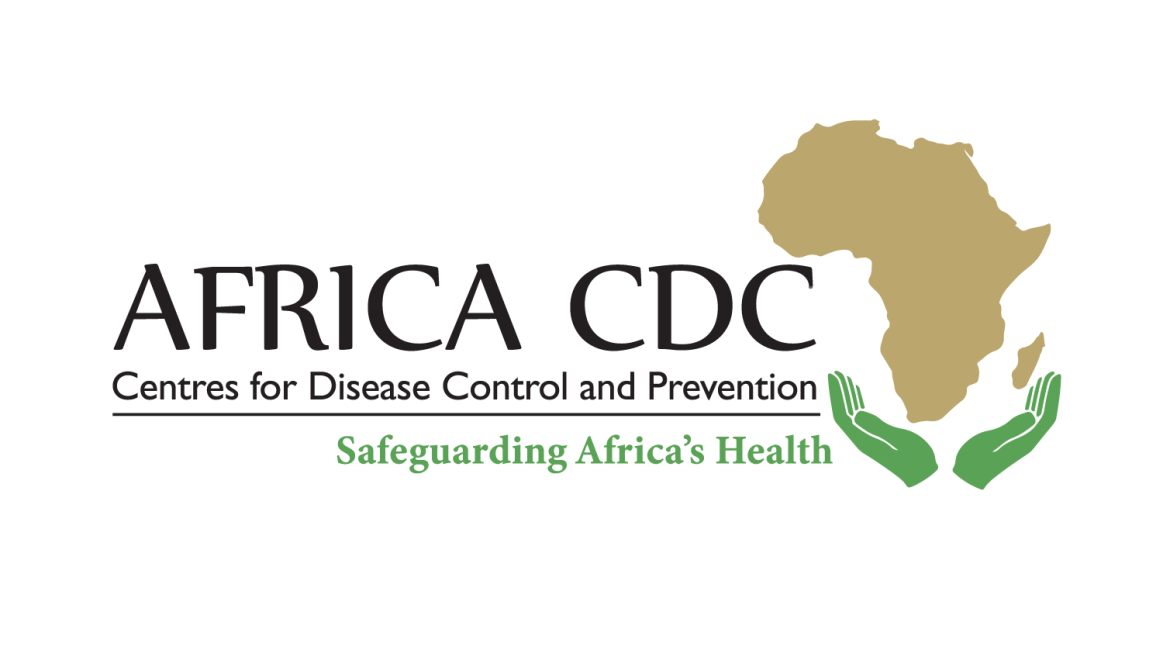By Iyemah David
The Africa Centres for Disease Control and Prevention (Africa CDC), has partnered with the Novo Nordisk Foundation to strengthen public health workforce capacity for Non-Communicable Disease (NCD) surveillance across 10 African Union (AU) Member States.
The launch, via webinar, took place on Wednesday at the 80th United Nations General Assembly (UNGA).
The two-year initiative, running from June 2025 to May 2027, the Foundation has awarded a grant of 2.65 million dollars, with the Africa Public Health Foundation (APHF) serving as the fund manager.
The programme aims to develop a scalable training model for health workers that can be expanded across the continent.
It will also equip them with the skills to collect, analyse, and use NCD data for evidence-based decision-making.
NCDs such as diabetes, hypertension, cancers, and mental health conditions are rapidly rising in Africa, yet surveillance systems remain weak.
According to the Africa CDC, the burden of NCDs in sub-Saharan Africa grew by 67 per cent between 1990 and 2017.
Projections suggest that by 2030, NCDs, injuries, and mental health conditions will cause more premature deaths than all other conditions combined.
Speaking on the partnership, Dr Jean Kaseya, Director-General of Africa CDC, said that NCDs are rising rapidly across the African continent, yet surveillance systems remain weak.
“This partnership with the Novo Nordisk Foundation comes at a critical time to equip our health workforce with the tools, skills, and systems needed to generate reliable data.
“Strengthening NCD surveillance is essential for evidence-based decision-making, smarter investments, and building resilient health systems that protect all Africans,” he said.
Professor Flemming Konradsen, Chief Scientific Officer for Health at the Novo Nordisk Foundation, said the project would enable better planning and policy making for NCD.
He said that this would be through prevention and care, through systematic collection of data on disease burden, risk factors and health service utilisation.
Dr Francisco Songane, Interim CEO of APHF, welcomed the funding, describing NCDs as a “defining public health challenge of our generation, silently devastating families and crippling economies.”
Songane said the grant would help create “a frontline defence, a network of highly skilled health professionals equipped with the data and peer support needed to turn the tide against NCDs.
With communicable diseases still commanding most of Africa’s public health focus, experts say this initiative could help rebalance health priorities by ensuring data-driven responses to the growing NCDs burden.
The initiative builds on Africa CDC’s NCDs, Injuries Prevention and Control, and Mental Health Promotion Strategy (2022–2026) and its 2024 Guidance for Strengthening NCDs Surveillance Systems.
A key innovation will be the integration of an NCDs surveillance pillar into Africa CDC’s existing Field Epidemiology Training Programme (FETP), enabling frontline health workers to entrench NCDs indicators into national health information systems.




